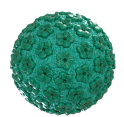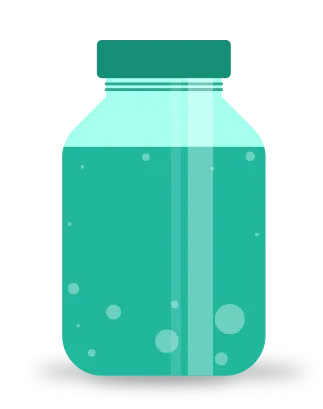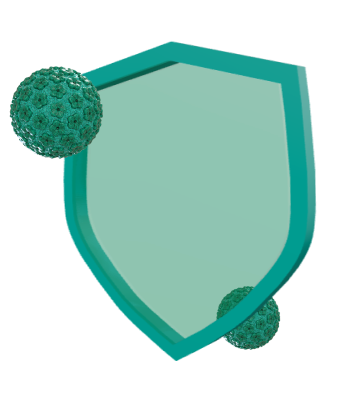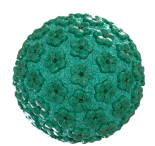Help Protect Your Child from certain hpv related cancers and diseases
For most people, HPV clears on its own . But for those who don't clear the virus, it can cause certain cancers and diseases. As a parent, your child's health and safety is of the utmost importance. Which is why we’re dedicated to educating parents on the importance of the HPV vaccination, right from the age of 9 years.
Learn how HPV vaccination for children and teens can help protect against HPV-related cancers.

HPV and Its Attributable Cancers Go Hand in Hand

Cervical cancer is the 2nd-most common cancer in women aged 15 to 44 years in India.(*Based on HPV Information Centre Human Papillomavirus and Related Diseases Report 2020)

Every 7 minutes, nearly 1 person loses their life due to cervical cancer in India.(*Based on HPV Information Centre Human Papillomavirus and Related Diseases Report 2020)

Over 80% of sexually active men and women can be exposed to HPV at some point in their life.

Speak To Your Pediatrician
Major global and Indian medical bodies recommend HPV vaccination for children aged 9+
World Health Organization (WHO)
American Academy of Pediatrics (AAP)
Centers for Disease Control and Prevention (CDC)
Indian Academy of Pediatrics (IAP)
Early HPV vaccination starting 9 years of age can help protect against risk of certain HPV related cancers like cervical, Vulvar, Vaginal and Anal cancers
HPV vaccination early can help prevent certain HPV-related cancers and diseases compared to when vaccinated later.
Vaccination before first sexual contact can help provide better protection against certain HPV related diseases.
Don’t Fall for these myths
Speak to your doctor about HPV-related cancer and disease prevention
Speak to your doctor a
bout HPV-related cancer and disease prevention
Considering protecting your child from HPV infections is more than just a choice. It can help prevent the risk of certain HPV-related cancers and diseases. Speak to your doctor about HPV-related cancer and disease prevention, including vaccination.

Frequently Asked Questions
Why does my daughter need the HPV vaccine?
Do boys also need the HPV vaccine?
At what age should my daughter or son get the HPV vaccine?
Who is eligible for HPV vaccination?
Is the vaccine safe for children?
Are there any side effects of the HPV vaccine?

